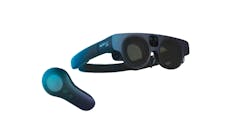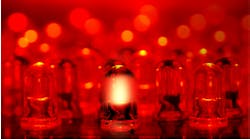Ask the Expert: How to avoid TPMS warnings in cold weather with nitrogen inflation
Q: How do I have customers avoid TPMS warnings in cold weather with nitrogen inflation?
A:The benefits of nitrogen inflation and adherence to a tire inflation maintenance program have been extensively documented and are irrefutable. Most of these benefits are byproducts of nitrogen’s inert qualities and large molecular structure. While these qualities will dramatically, if not completely, eliminate pressure loss from permeation, nitrogen, like all compressed gases, is subject to temperature related expansion and contraction. This is important to remember because whenever temperatures drop, you can expect to see many illuminated TPMS lights.
Even though nitrogen is not as “reactive” as regular compressed air, you can still expect to lose about 2 percent pressure for every 10 degrees F in temperature reduction. To counteract this, many recommend that nitrogen filled tires always be inflated to a value 10 percent higher than the value suggested by the vehicle manufacturer (usually listed on a placard located on the left front door jamb), making sure, however, to never exceed the maximum inflation value listed on the tire itself. For example, if the suggested inflation value is 30 psi, inflate the tires to 33 psi, again, making sure to never exceed the maximum inflation value listed on the tire itself. This has not only been found to produce superior performance and economy, but it also provides a 50 degree “cushion" for seasonal temperature fluctuations….almost eliminating the potential for a “non-leak related” illuminated TPMS light.
The other good news with regards to nitrogen and TPMS’s is it virtually eliminates the possibility of TPMS sensor oxidation and corrosion. An inert environment makes the formation of rust and corrosion impossible…great for your customers AND your technicians as nitrogen filled tires, wheels and related hardware are always dry, and rust and corrosion free.
Information provided by: Dan Brancaccio, NitroFill LLC




